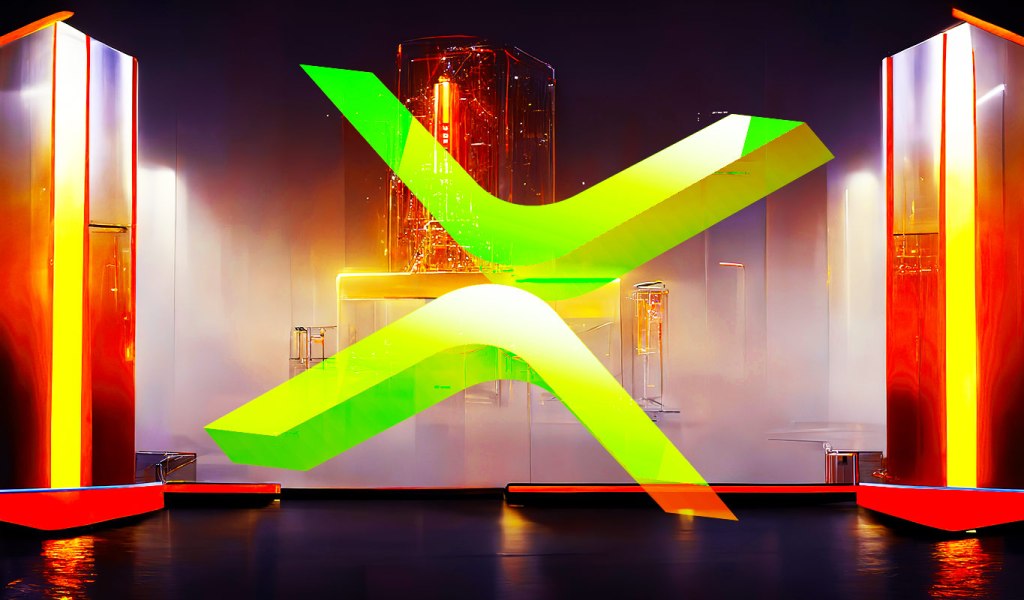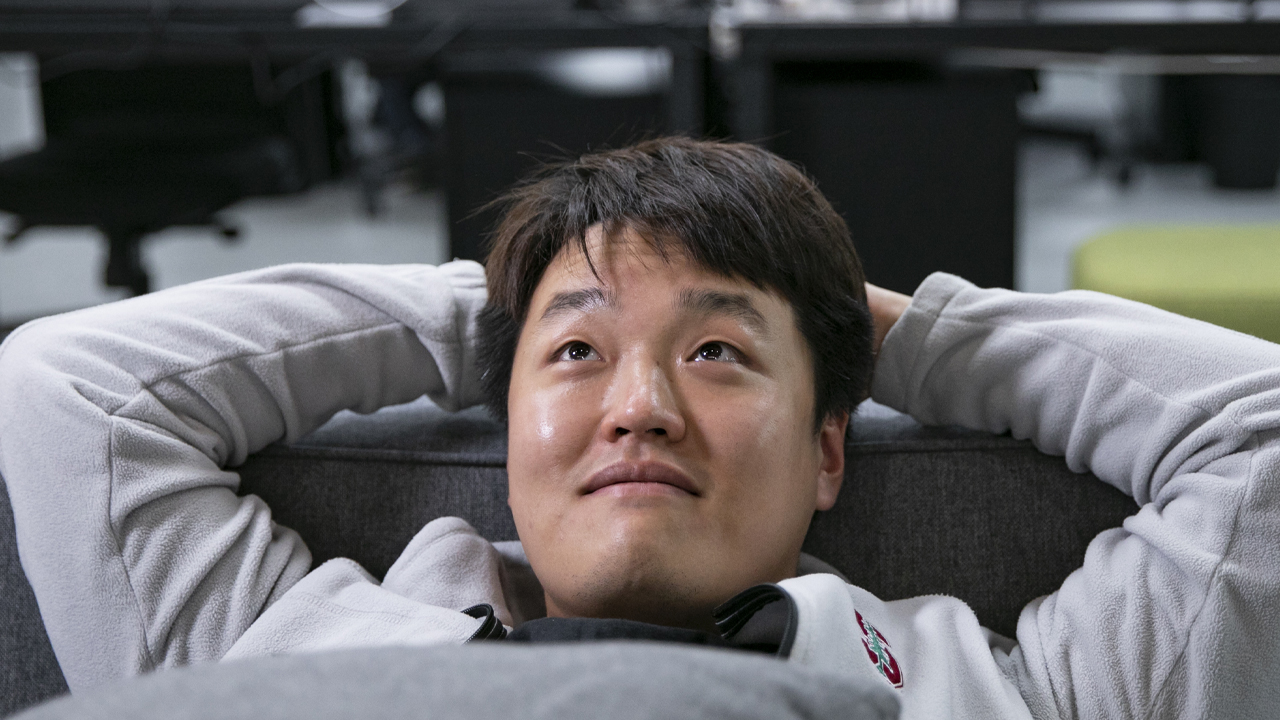
Elon Musk rejected OpenAI’s ICO plan, lawsuit reveals
Key Takeaways
- Elon Musk rejected a proposal for an ICO by OpenAI co-founder Sam Altman in 2018.
- The lawsuit claims Musk was defrauded of donations and alleges OpenAI now controls 70% of the generative AI market.
Share this article
Elon Musk’s lawsuit against OpenAI has unveiled new details about the company’s early considerations for an initial coin offering (ICO) in 2018, proposed by Sam Altman.
According to court filings submitted on November 14, Musk rejected the idea, citing concerns over its impact on OpenAI’s credibility and mission as a non-profit.
Emails included in the filing show Musk explicitly stating,
“I have considered the ICO approach and will not support it,” adding, “In my opinion, that would simply result in a massive loss of credibility for OpenAI and everyone associated with the ICO.”
These concerns were echoed by OpenAI’s safety team, with Sam Altman stating in an email addressed to Musk,
“Heads up, spoke to some of the safety team and there were a lot of concerns about the ICO and possible unintended effects in the future,” according to the court filings.
The details emerged in a 107-page amended complaint filed in federal court in Oakland, California.
The lawsuit, which now includes Microsoft, LinkedIn co-founder Reid Hoffman, and former OpenAI board member Dee Templeton as defendants, alleges OpenAI abandoned its non-profit mission.
Musk claims he was defrauded out of more than $44 million in donations to OpenAI.
The ICO plan highlights OpenAI’s financial challenges at the time, prompting Musk to suggest merging with Tesla.
By 2018, Musk left over disagreements, and OpenAI transitioned to a capped-profit structure, securing major investments like Microsoft’s $13 billion for a 49% stake.
OpenAI has dismissed Musk’s lawsuit as “blusterous” and baseless.
Share this article
Go to Source
Author: Estefano Gomez








